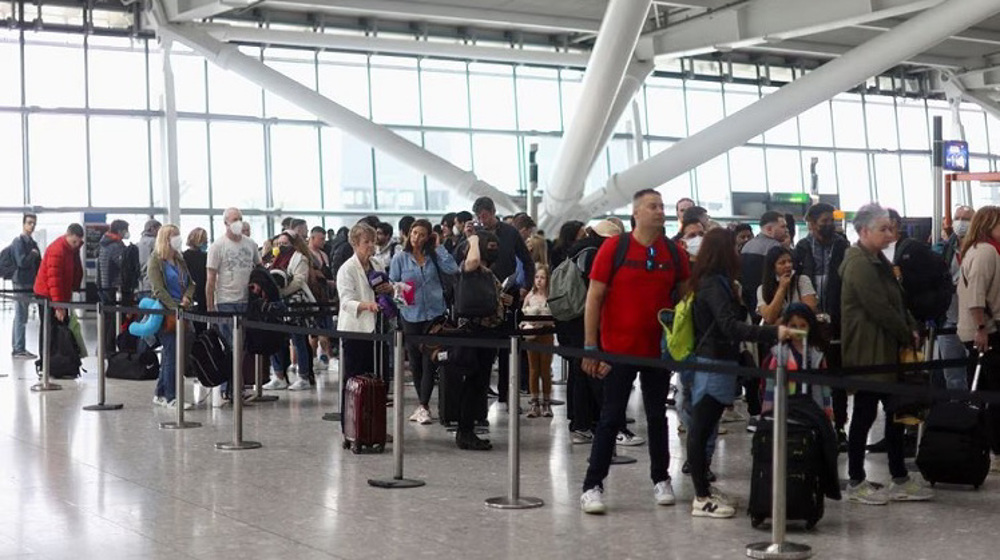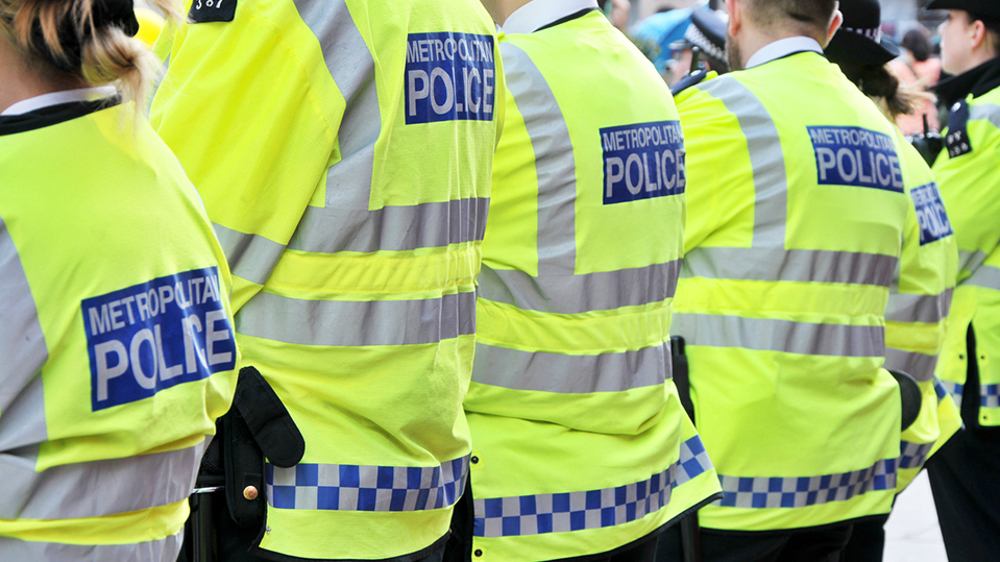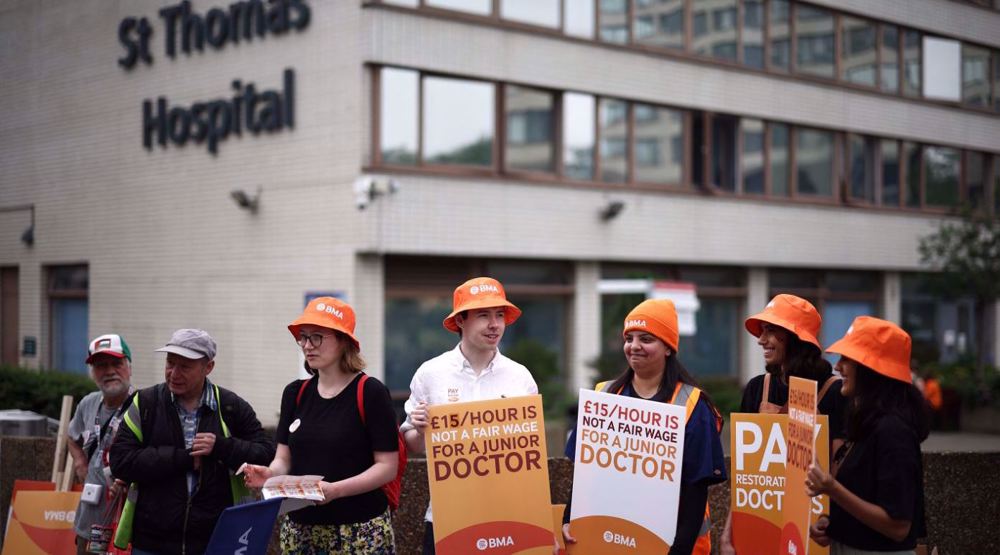Teachers in England set to hold further strikes after rejecting government’s pay offer
Teachers in England are set to go on with two further days of walkouts over pay and conditions after rejecting an unfair offer from the British government.
Teachers’ trade union announced on Monday that the English teachers have rejected the offer of a one-off payment this year of 1,000 pounds and an average pay rise of 4.5 percent in the next financial year.
The National Education Union (NEU), Britain’s largest education union, said 98 percent of teachers who voted in the ballot have followed its advice and are going to hold strikes on April 27 and May 2.
“This resounding rejection of the government's offer should leave (education minister) Gillian Keegan in no doubt that she will need to come back to the negotiating table with a much better proposal,” NEU joint General Secretaries Mary Bousted and Kevin Courtney said in a statement.
Keegan, on the other side of the ledger, defended the government’s decision of not offering larger payments and hit back at the NEU, describing the upcoming strikes as “extremely disappointing”.
“It is extremely disappointing that the NEU have called more strike action,” Keegan said in a statement.
“Pay will now be decided by the independent pay review body which will recommend pay rises for next year,” she said, signaling that the government did not intend to negotiate further.
Tens of thousands of teachers across the UK have been holding industrial actions throughout this year in demand of a pay rise that matches the skyrocketing inflation.
The teacher’s repetitive strikes have left the classrooms empty and have worried the parents, heaping pressure on Prime Minister Rishi Sunak to resolve the dispute as soon as possible.
Not only the teachers, but a majority of the UK industries are grappling with industrial actions, as the prices of commodities and energy bills soar.
Unions say wages, especially in the public sector, have fallen in real terms over the past decade, and a cost-of-living crisis fueled by sharply rising food and energy prices has left many struggling to pay their bills.
Britain’s annual inflation rate was 10.1 percent in January. The Conservative government argues that pay increases would drive inflation even higher.
VIDEO | Press TV's news headlines
July 26: ‘Axis of Resistance’ operations against Israeli occupation
Palestinian resistance fighters hit Israeli Merkava 4 tanks
VIDEO | UK police brutal assault on Muslim family sparks outrage, protests
Hamas: Death of leader in Israeli jail amounts to murder
EU sends €1.5 billion to Ukraine from frozen Russian assets
VIDEO | Millions of Yemenis rally for Gaza, call for more anti-Israel operations
UN chief calls for Olympic truce as games begin in Paris











 This makes it easy to access the Press TV website
This makes it easy to access the Press TV website